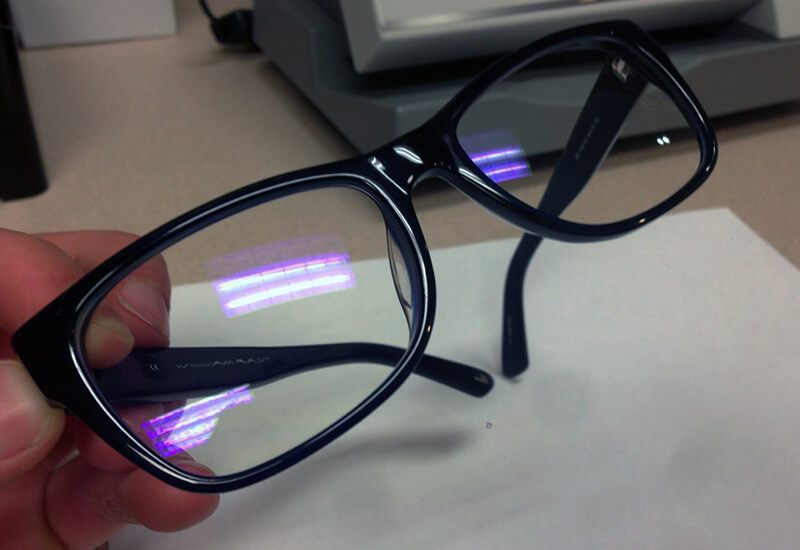Seeing Clearly: Unraveling the Truth Behind Blue Light Glasses

In today’s technology-driven world, many of us spend a significant portion of our day staring at screens, be it laptops, smartphones, or tablets. This prolonged exposure to digital devices has raised concerns about the potential harmful effects of blue light emitted by these screens. To combat these concerns, blue light glasses have gained popularity as a solution. However, the question remains: do blue light glasses really work? In this blog post, we will delve into the science behind blue light glasses to determine their efficacy.
Understanding Blue Light: Before we dive into the effectiveness of blue light glasses, let’s briefly understand what blue light is and how it affects us. Blue light is a high-energy visible light that is emitted by electronic devices, as well as the sun. It has a shorter wavelength and higher energy compared to other colors in the visible light spectrum. Blue light exposure has been linked to potential eye strain, fatigue, and sleep disturbances.
How Blue Light Glasses Work: Blue light glasses are designed to filter out or block a portion of blue light emitted by screens, thus reducing the amount of blue light that reaches our eyes. These glasses typically have a special coating or lens that selectively absorbs or reflects blue light wavelengths, allowing only a reduced amount to pass through. By doing so, the glasses aim to minimize the potential negative effects of blue light on our eyes and overall well-being.
Efficacy of Blue Light Glasses: The effectiveness of blue light glasses in mitigating the potential harms of blue light exposure is a topic of ongoing scientific debate. While some studies suggest that blue light glasses can help reduce eye strain and improve sleep quality, other research indicates more inconclusive results.
Proponents of blue light glasses argue that by filtering out blue light, these glasses can alleviate digital eye strain symptoms such as dryness, redness, and discomfort. Additionally, some people report improved sleep after wearing blue light glasses, as blue light exposure in the evening can suppress the production of melatonin, a hormone that regulates sleep-wake cycles.
However, critics argue that the amount of blue light emitted by digital screens is relatively low compared to natural sunlight, making the potential benefits of blue light glasses negligible for most individuals. They suggest that addressing other factors, such as taking regular breaks, practicing proper posture, and adjusting screen brightness, may be more effective in reducing eye strain.
Conclusion: While blue light glasses have gained popularity as a means to alleviate the potential harmful effects of blue light, their efficacy remains a subject of ongoing research and discussion. While some individuals may experience benefits such as reduced eye strain and improved sleep, others may not notice significant differences. It’s important to note that individual experiences may vary, and the effectiveness of blue light glasses may depend on factors such as the intensity and duration of screen exposure, pre-existing eye conditions, and personal sensitivity to light.
Ultimately, if you are concerned about the potential impact of blue light on your eyes and well-being, it may be worth trying blue light glasses to see if they provide any noticeable benefits. However, it’s equally important to adopt healthy screen habits, take regular breaks, and consult with an eye care professional for personalized advice.
Picture Courtesy: Google/images are subject to copyright













